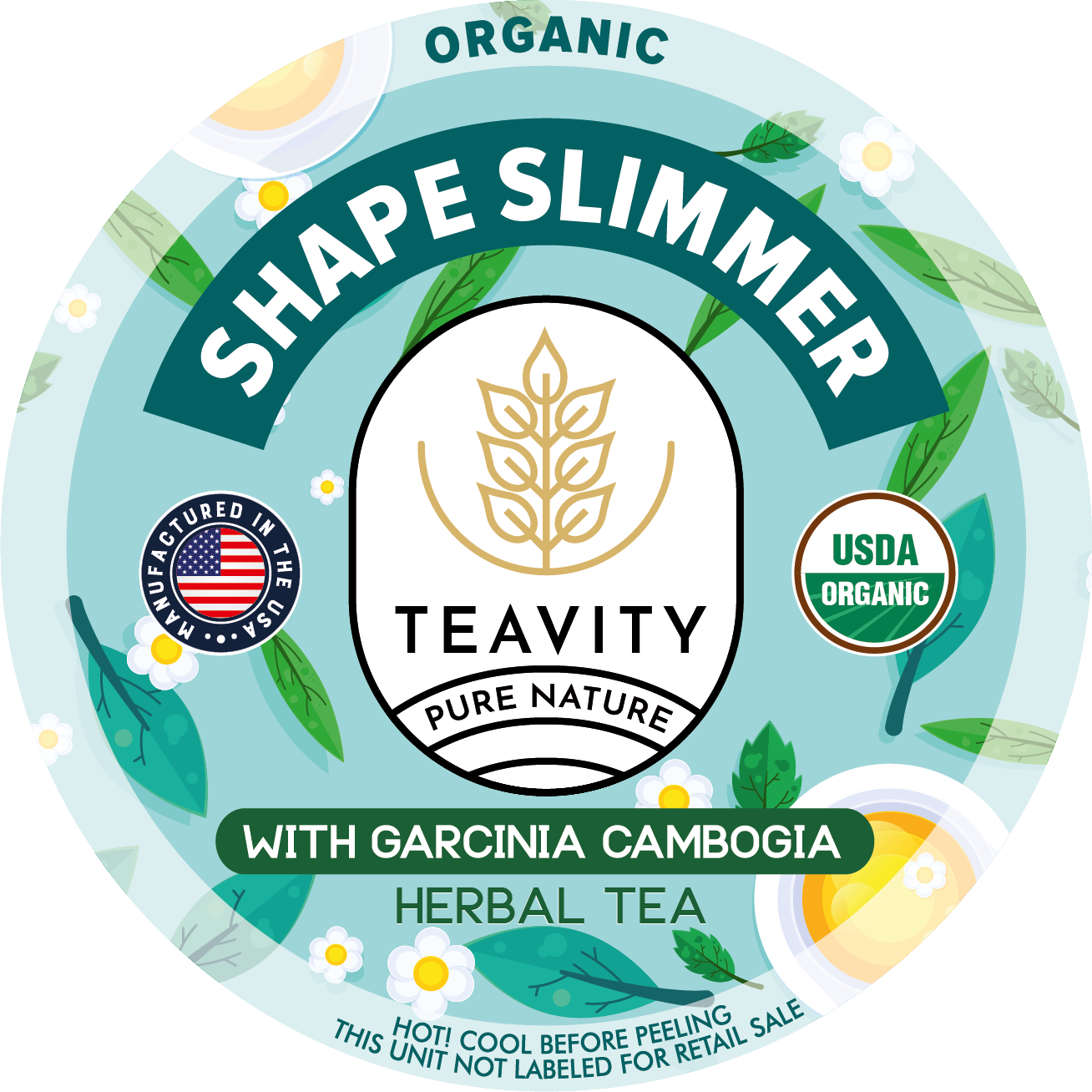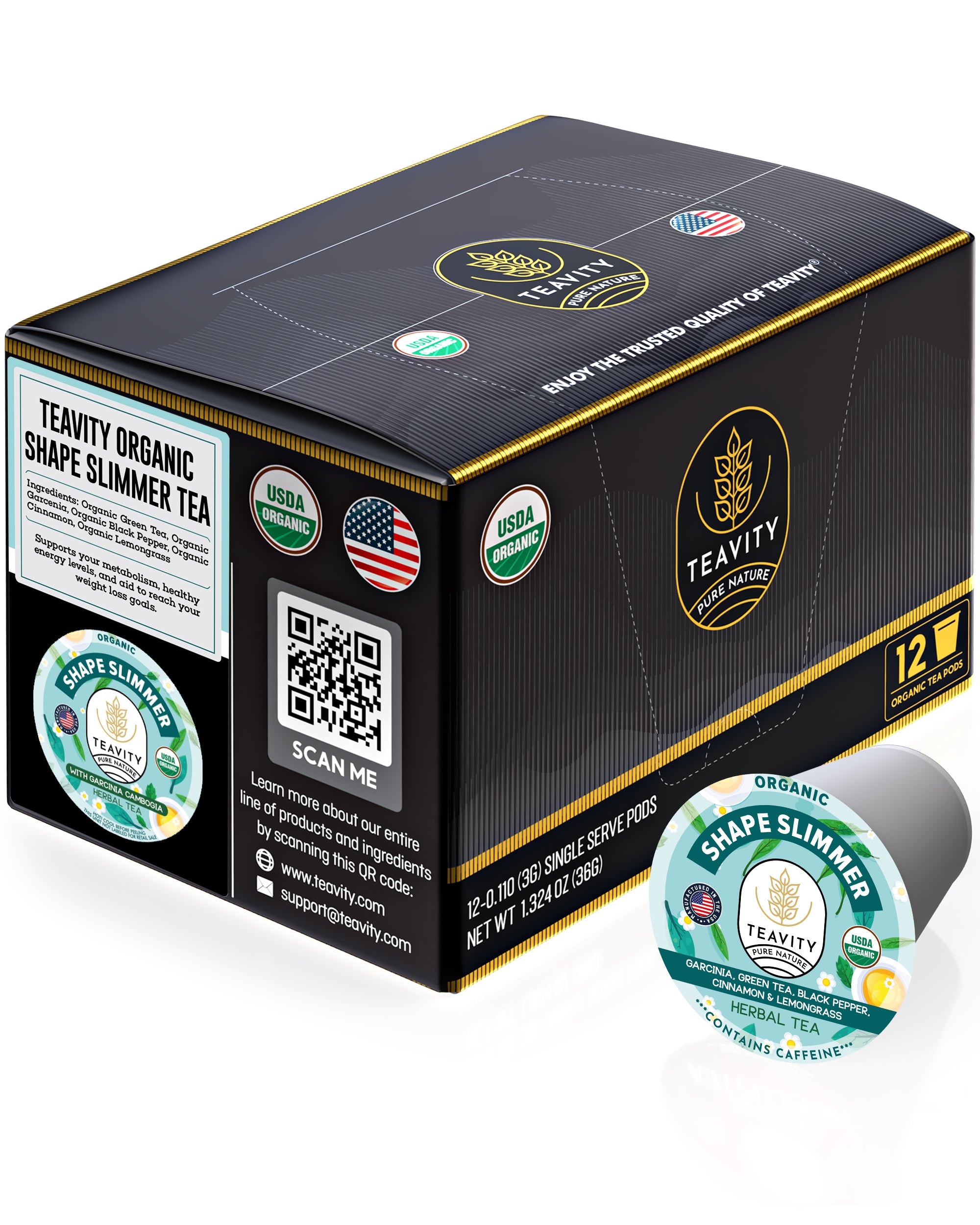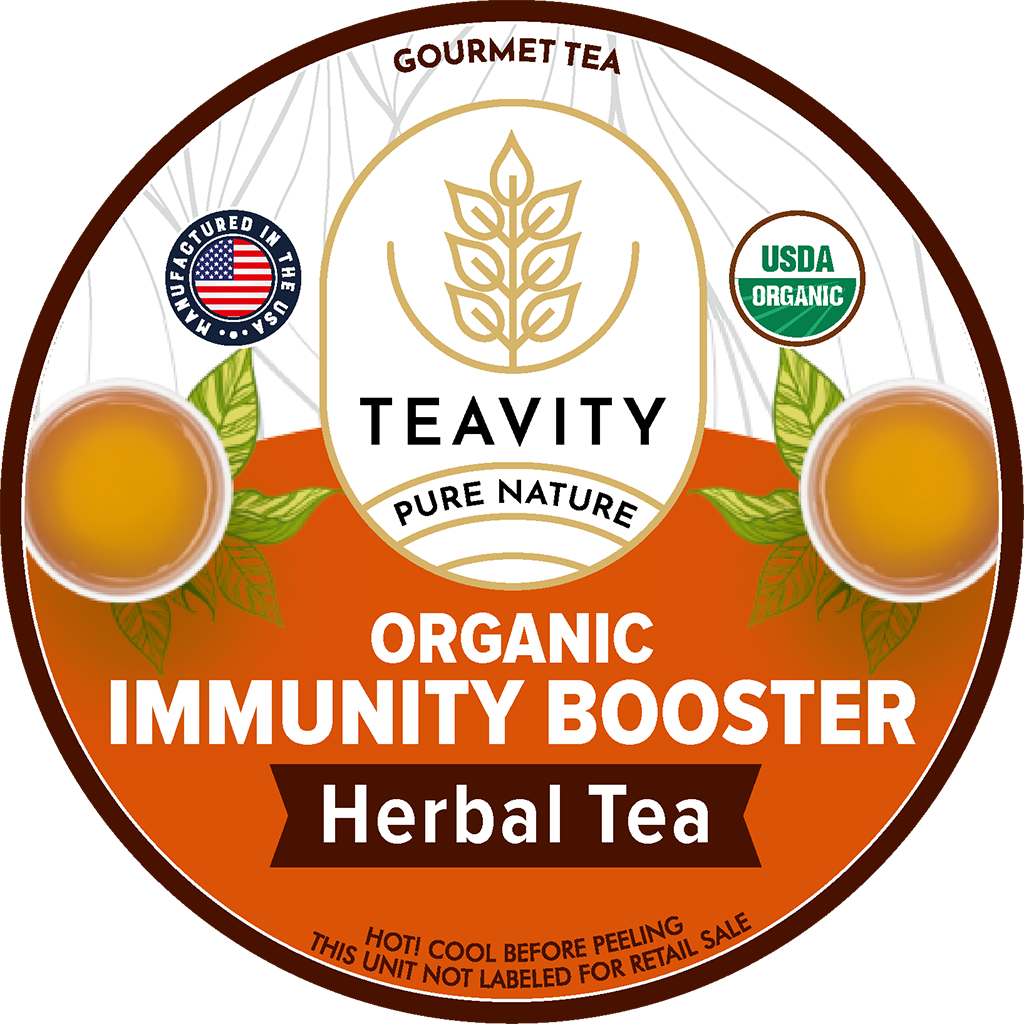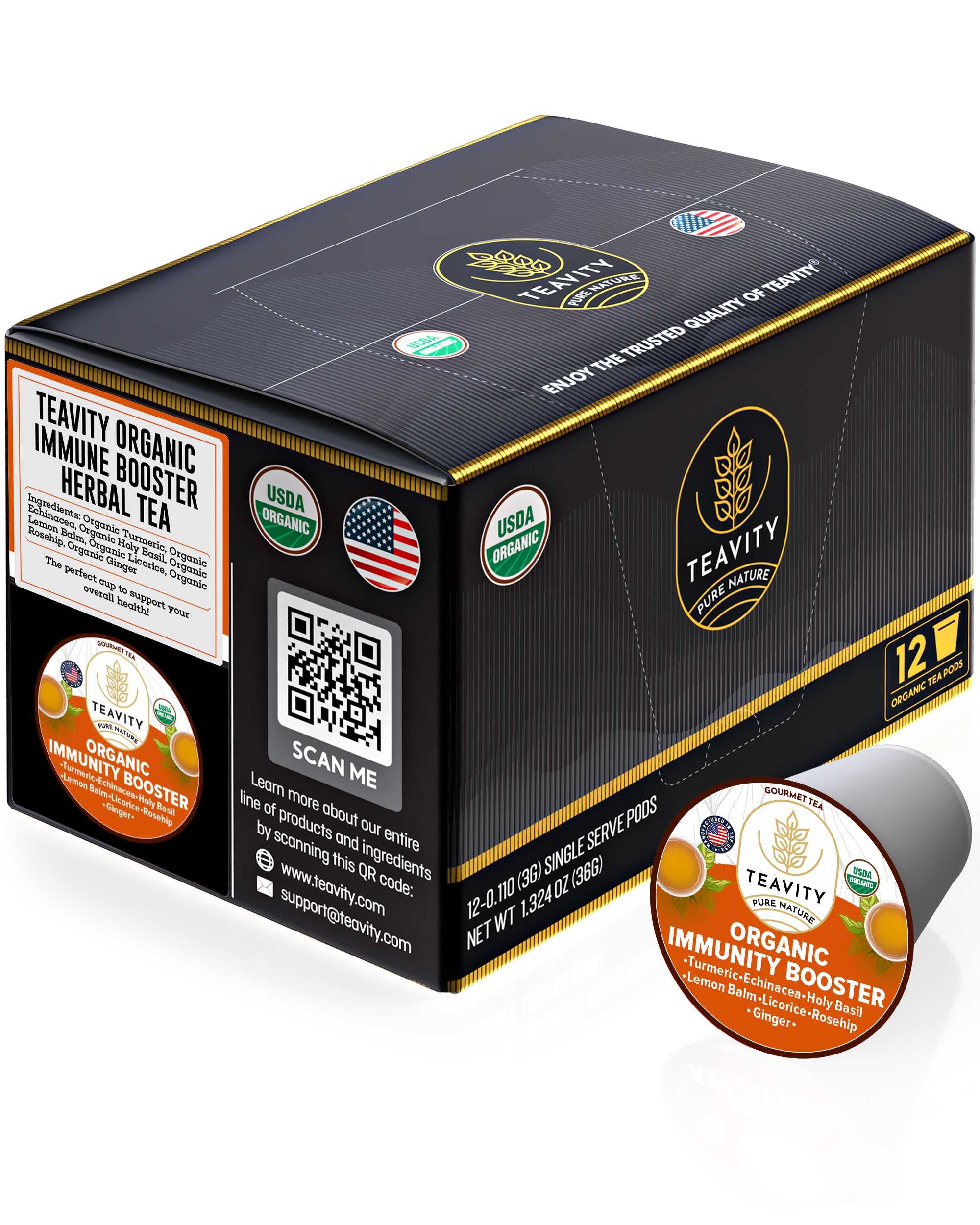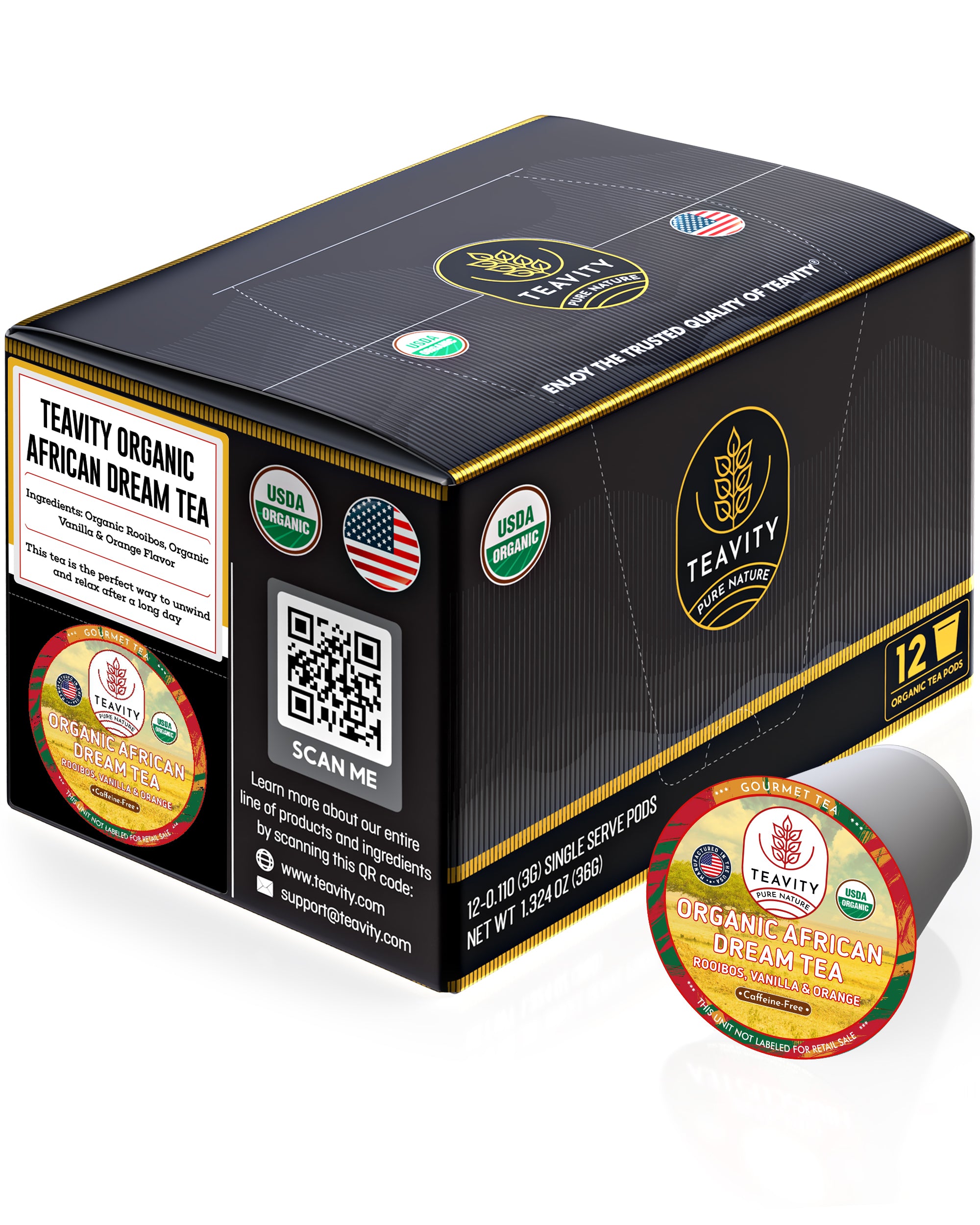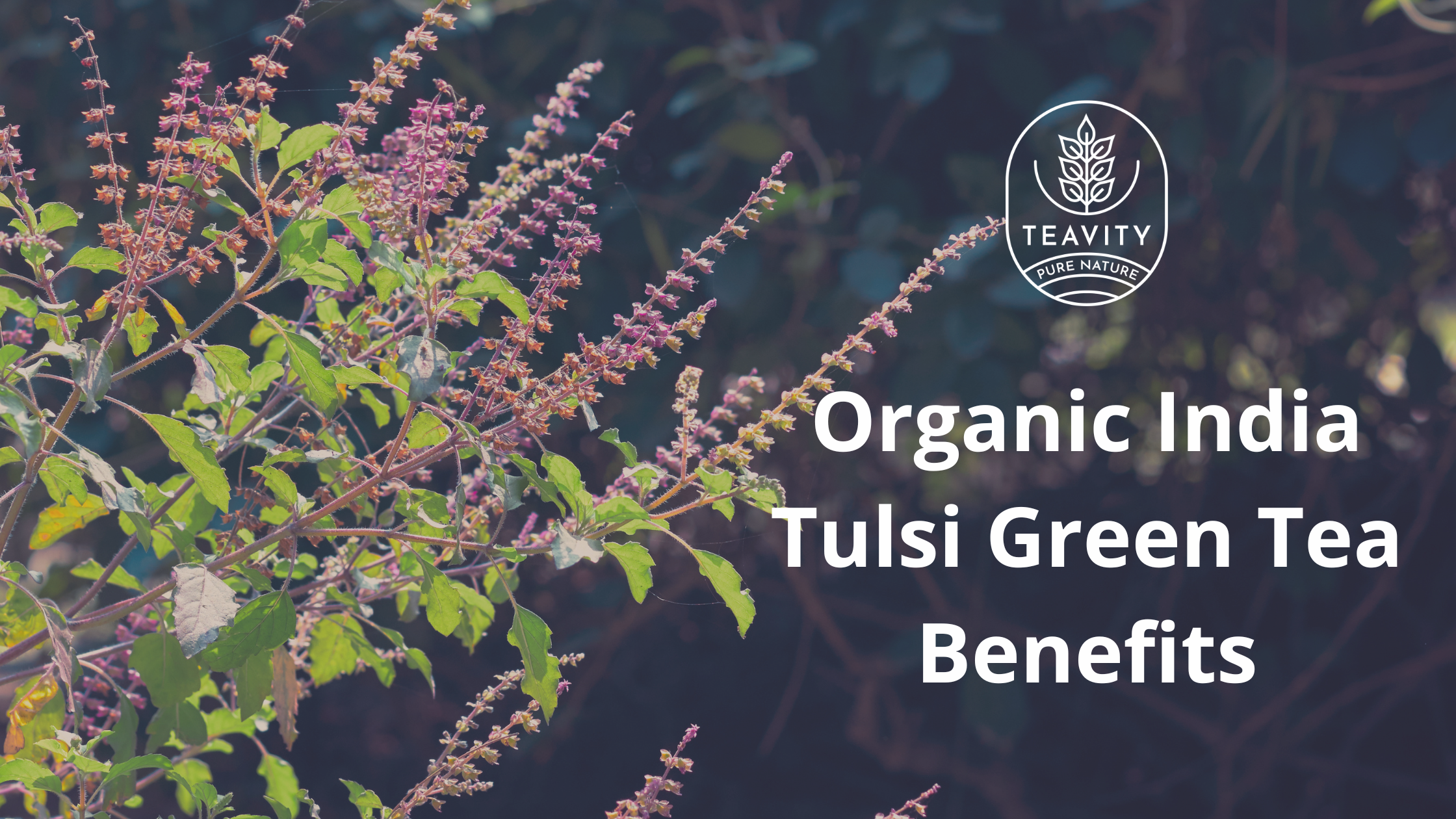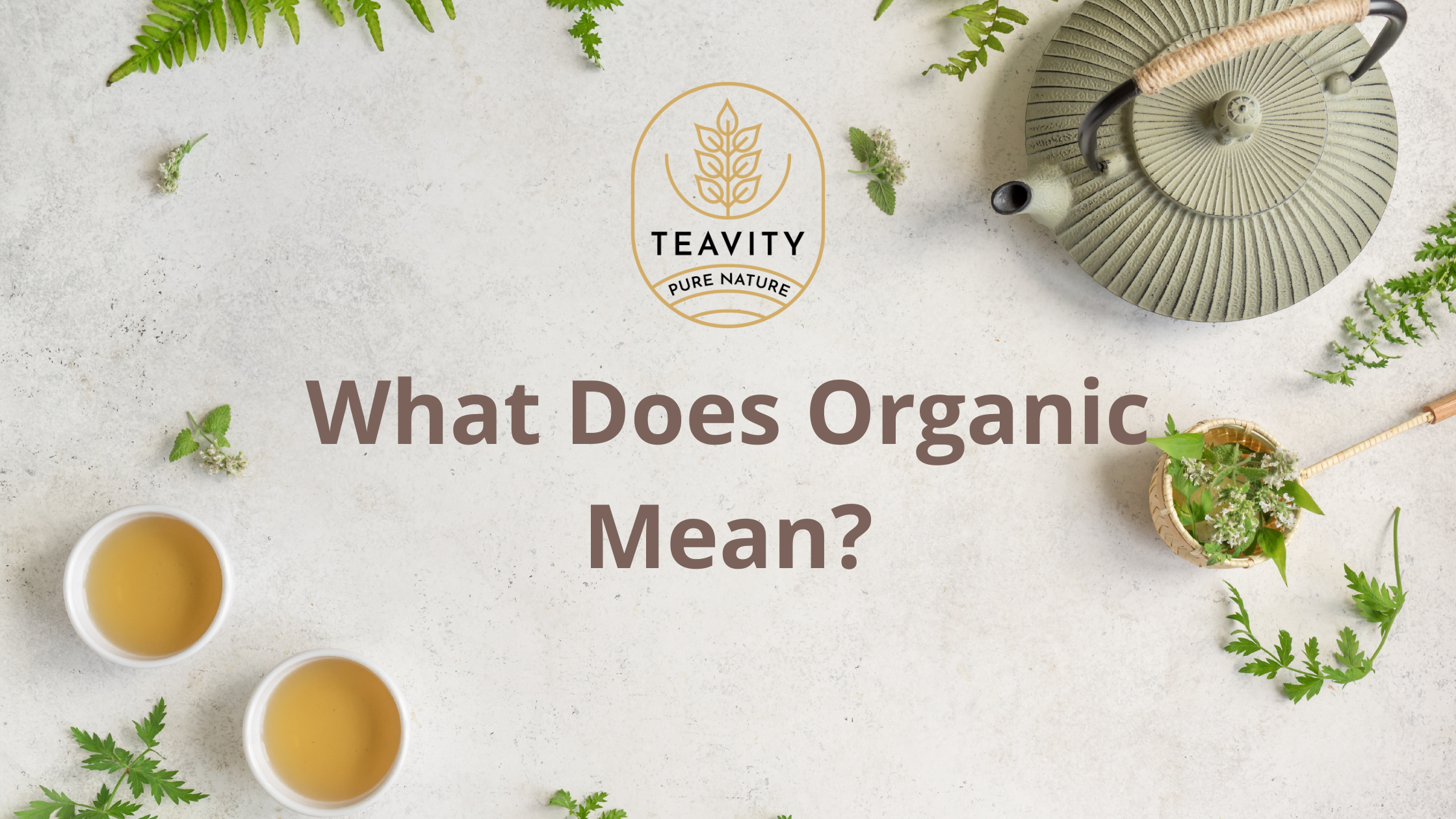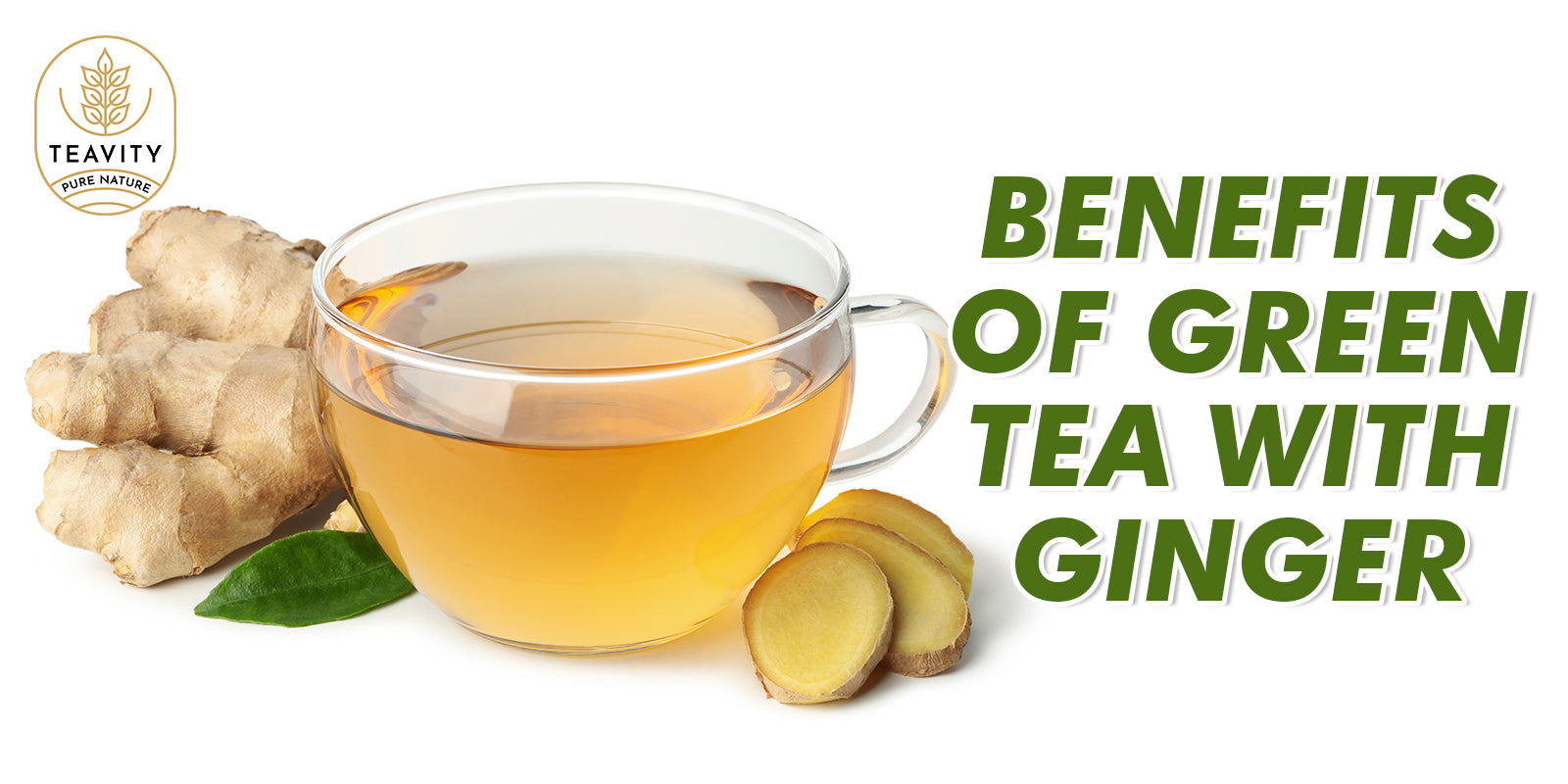
How Much Caffeine in Green Tea?
Introduction
Green tea has been consumed for centuries, cherished not only for its soothing aroma and taste but also for its potential health benefits. Among its many components, caffeine plays a significant role in stimulating the central nervous system, providing that much-needed boost of energy. However, it is crucial to understand the amount of caffeine in green tea, especially for individuals who wish to monitor their caffeine intake.
What is Green Tea?
Green tea originates from the Camellia sinensis plant and is one of the least processed types of tea. Unlike black tea, which undergoes fermentation, green tea is steamed or pan-fired, preserving its natural green color and maintaining the beneficial antioxidants.
Understanding Caffeine
Caffeine is a natural stimulant found in various plant-based products, including coffee beans, cacao pods, and tea leaves. It acts as a psychoactive substance, influencing brain activity and promoting alertness.
Caffeine Content in Green Tea
The caffeine content in green tea can vary depending on several factors, such as the tea's quality, steeping time, and water temperature. On average, an 8-ounce cup of green tea contains approximately 30-50 milligrams of caffeine.
Factors Affecting Caffeine Levels
Several key factors influence the caffeine levels in green tea:
1. Tea Grade
Higher-quality green teas, such as matcha, tend to have more caffeine than lower-grade varieties.
2. Steeping time
The longer green tea leaves steep, the higher the caffeine content becomes. Shorter steeping times can help reduce caffeine levels.
3. Water Temperature
Hotter water extracts more caffeine from the tea leaves, so using cooler water can moderate caffeine intake.
4. Second Steeping
Reusing green tea leaves for a second infusion results in a reduced caffeine concentration in the cup.
Health Benefits of Green Tea
Green tea is revered for its potential health benefits, which extend beyond its caffeine content. It is rich in antioxidants called catechins, which may help protect the body against oxidative stress and reduce the risk of chronic diseases.
Potential Side Effects of Caffeine
While caffeine can have beneficial effects in moderation, excessive consumption may lead to side effects such as insomnia, increased heart rate, and digestive issues.
Is Green Tea Suitable for Everyone?
Green tea contains caffeine, which may not be suitable for specific individuals, including those sensitive to caffeine, pregnant women, and people with specific medical conditions. It's essential to consider individual health needs before consuming green tea.
Caffeine in Other Types of Tea
Green tea is not the only type of tea that contains caffeine. Other teas, such as black tea, oolong tea, and white tea, also contain varying amounts of caffeine.
Decaffeinated Green Tea
For individuals seeking to reduce their caffeine intake, decaffeinated green tea is a viable option. The decaffeination process reduces caffeine levels while retaining the tea's flavor and health benefits.
Brewing Green Tea for Caffeine Control
Steeping green tea at cooler temperatures for shorter durations can help control caffeine levels, allowing individuals to enjoy the beverage without excessive stimulation.
Comparing Caffeine in Green Tea and Coffee
While green tea does contain caffeine, its levels are generally lower than those found in coffee. Switching to green tea from coffee can be a healthier choice for some individuals seeking a milder caffeine boost.
The Role of Caffeine in Boosting Alertness
Caffeine's ability to enhance alertness and concentration has made green tea a popular choice for those seeking a natural and gentler stimulant.
Green Tea vs. Energy Drinks: Caffeine Showdown
Unlike energy drinks loaded with high levels of caffeine and artificial additives, green tea offers a more balanced and natural energy boost.
Caffeine and Weight Loss: Myth or Reality?
Some studies suggest that caffeine, in combination with other compounds in green tea, may aid in weight management. However, it is not a miracle solution and should be part of a balanced approach to a healthy lifestyle.
Moderation is Key: Managing Caffeine Intake
Like all things, moderation is essential when consuming caffeine, including green tea. Understanding individual tolerance and limits will ensure a pleasant experience without adverse effects.
Conclusion
In conclusion, green tea is a delightful beverage with numerous potential health benefits, including its caffeine content. With an average of 30-50 milligrams of caffeine per 8-ounce cup, it provides a mild and refreshing pick-me-up. However, it is essential to consider individual circumstances and preferences when incorporating green tea into one's daily routine.
FAQs
1. How much caffeine is typically found in green tea?
On average, an 8-ounce cup of green tea contains approximately 30-50 milligrams of caffeine.
2. Does green tea provide health benefits besides caffeine?
Yes, green tea is rich in antioxidants called catechins, which may help protect the body against oxidative stress and reduce the risk of chronic diseases.
3. Can green tea help with weight loss?
Some studies suggest that caffeine, in combination with other compounds in green tea, may aid in weight management. However, it is not a miracle solution and should be part of a balanced approach to a healthy lifestyle.
4. How does decaffeinated green tea differ from regular green tea?
Decaffeinated green tea undergoes a process that reduces caffeine levels while retaining the tea's flavor and many of its health benefits.
5. Is it safe for pregnant women to consume green tea?
Pregnant women are advised to limit their caffeine intake, including green tea. It's best to consult with a healthcare professional before making any dietary changes during pregnancy.
